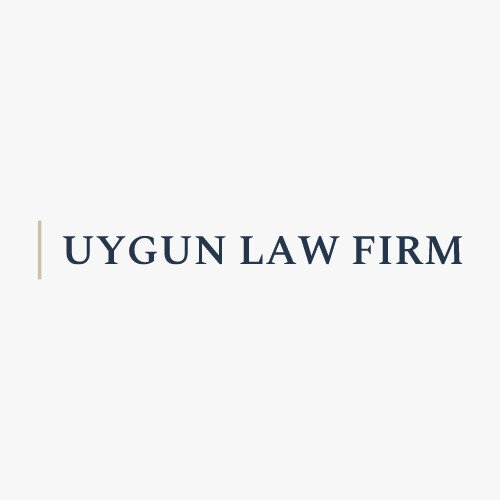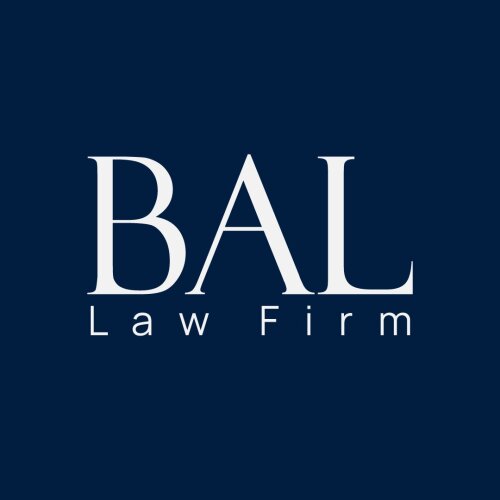Best Dependent Visa Lawyers in Istanbul
Share your needs with us, get contacted by law firms.
Free. Takes 2 min.
List of the best lawyers in Istanbul, Turkey
About Dependent Visa Law in Istanbul, Turkey:
A Dependent Visa in Istanbul, Turkey, allows a foreign national legally residing in the country to bring their dependent family members - either a spouse, children aged under 18, or handicapped children aged over 18. The law grants dependents the right to live and, under certain conditions, study but not legally work in the country. The dependent visa length matches the sponsor's visa or residence permit length and can be prolonged with the permit. Application, paperwork, and communication are typically in Turkish, making the process complicated to navigate for foreigners.
Why You May Need a Lawyer:
Legal complexities involved in acquiring a Dependent Visa may necessitate the assistance of a lawyer. Situations that often require legal assistance include cases where the primary visa holder’s status changes, the dependents have to extend their stay beyond the sponsor's visa term, or in cases where the sponsor is unable to satisfy the financial stability criteria set by immigration authorities. Lawyers can advise you on suitable legal routes and requirements, assist with paperwork, communicate with authorities in Turkish, and represent your interest throughout the process.
Local Laws Overview:
The Republic of Turkey’s migration law oversees the rules and procedures related to Dependent Visas. These laws focus on:
- Residential status: The sponsor should have a legal residence permit or work visa in Turkey.
- Financial sufficiency: The sponsor must have enough financial resources to support their dependents.
- Accommodation: The sponsor must provide appropriate accommodations for their dependents.
- Health insurance: The dependents should have private health insurance covering their stay in Turkey.
Frequently Asked Questions:
1. Can a dependent work in Turkey while on a dependent visa?
Dependents cannot legally work in Turkey using a dependent visa. They must apply for a separate work visa if they wish to work.
2. Can dependents change their visa status while in Turkey?
Yes, it is possible to change the visa status while in Turkey, but this process often involves stringent criteria and requires professional legal advice.
3. Do all dependents get the same length of visa as the primary visa holder?
Usually, dependents receive the same length of visa as the primary visa holder. However, exceptions can apply depending on unique circumstances.
4. What happens if the sponsor’s visa status changes?
If the sponsor’s visa status changes, it directly affects dependent visa status. In such cases, it is advisable to consult a lawyer to explore possible avenues and solutions.
5. Can a dependent study in Turkey while on a dependent visa?
Yes, children can go to school while their parents work, but adult dependents intending to study may need to change their visa type.
Additional Resources:
There are several resources you can use for more information:
- Turkish Directorate General of Migration Management (DGMM) for comprehensive information about visas and related laws.
- Legal aid centers in Istanbul can provide free or low-cost assistance
- Online legal forums and expat communities can offer more personal insights from people who have gone through the process.
Next Steps:
If you're seeking legal assistance with your Dependent Visa application, the first step should be to consult with an experienced immigration lawyer in Turkey. They can assist you in understanding local laws, guide you through the application process, and help address any legal complications efficiently. Legal advice is essential when dealing with immigration issues due to the technicality of the process and the potential severe consequences of errors.
Lawzana helps you find the best lawyers and law firms in Istanbul through a curated and pre-screened list of qualified legal professionals. Our platform offers rankings and detailed profiles of attorneys and law firms, allowing you to compare based on practice areas, including Dependent Visa, experience, and client feedback.
Each profile includes a description of the firm's areas of practice, client reviews, team members and partners, year of establishment, spoken languages, office locations, contact information, social media presence, and any published articles or resources. Most firms on our platform speak English and are experienced in both local and international legal matters.
Get a quote from top-rated law firms in Istanbul, Turkey — quickly, securely, and without unnecessary hassle.
Disclaimer:
The information provided on this page is for general informational purposes only and does not constitute legal advice. While we strive to ensure the accuracy and relevance of the content, legal information may change over time, and interpretations of the law can vary. You should always consult with a qualified legal professional for advice specific to your situation.
We disclaim all liability for actions taken or not taken based on the content of this page. If you believe any information is incorrect or outdated, please contact us, and we will review and update it where appropriate.

















